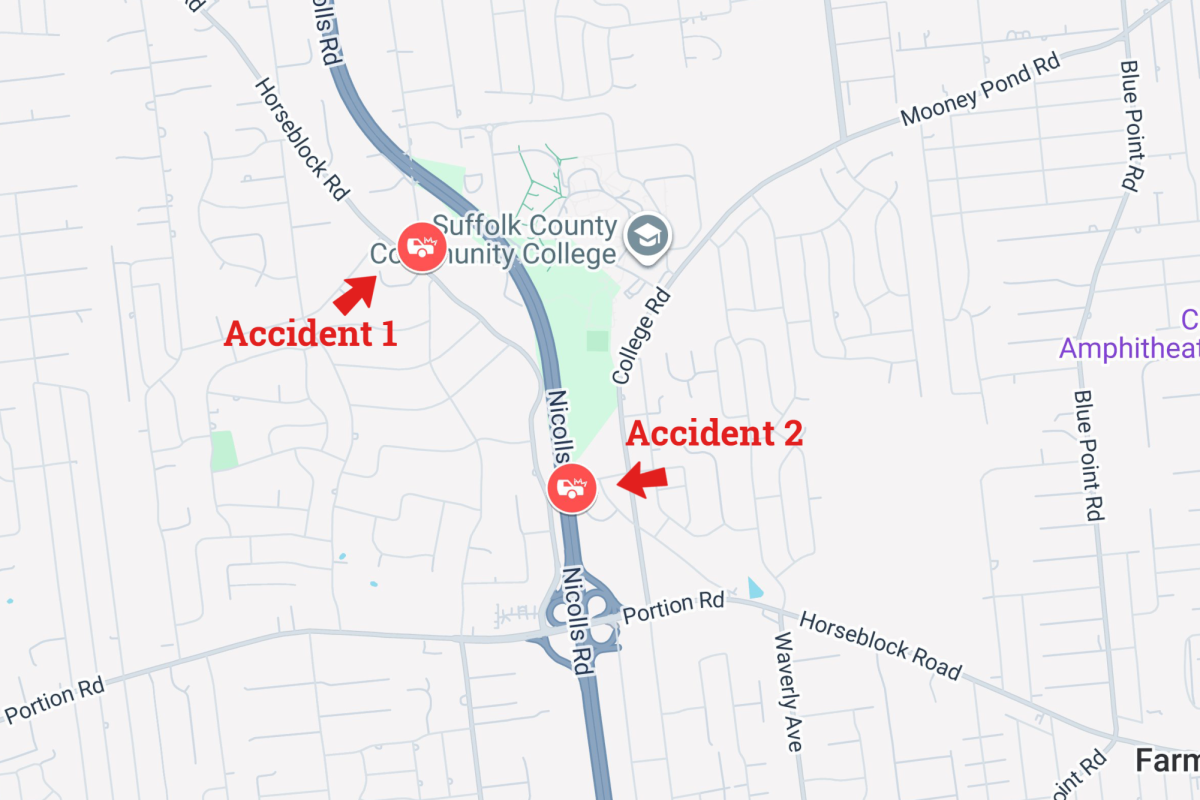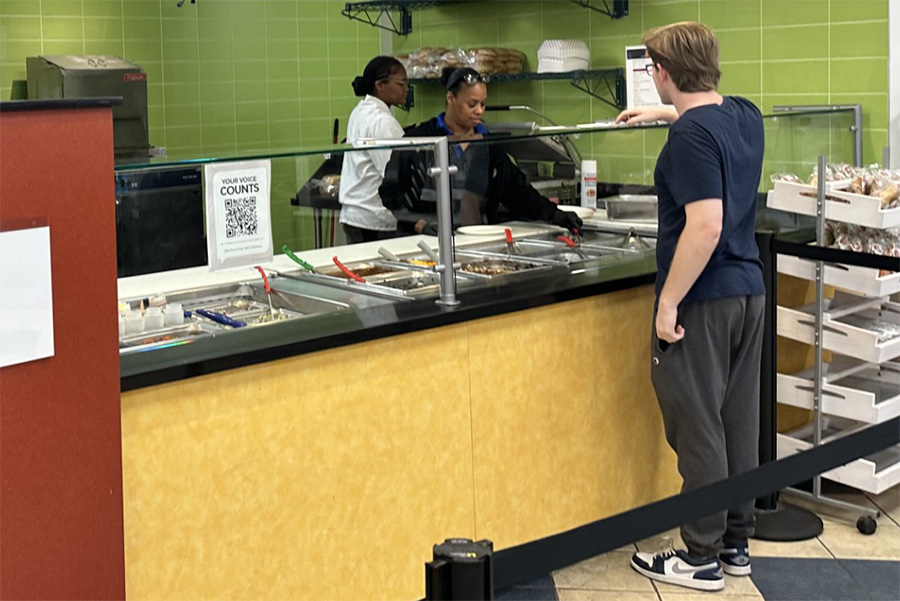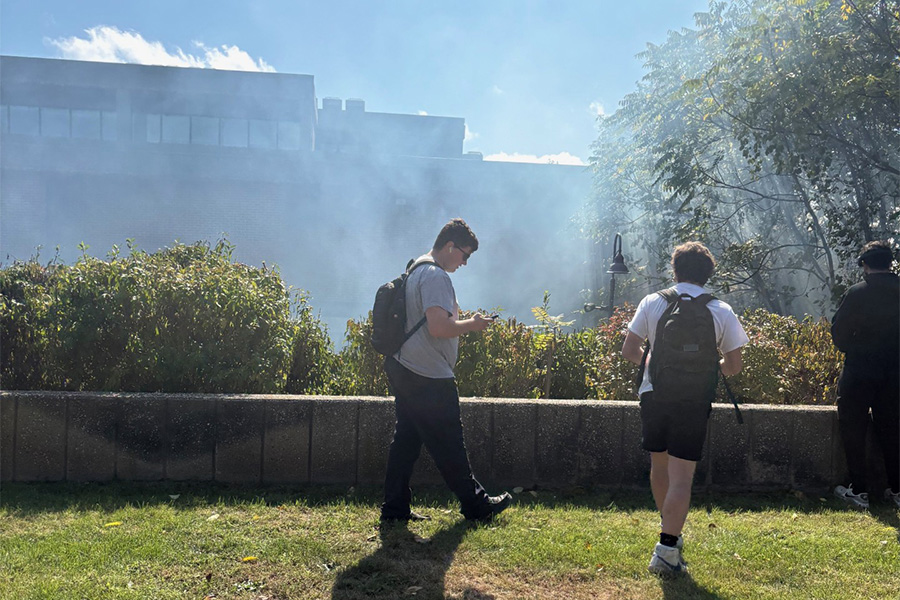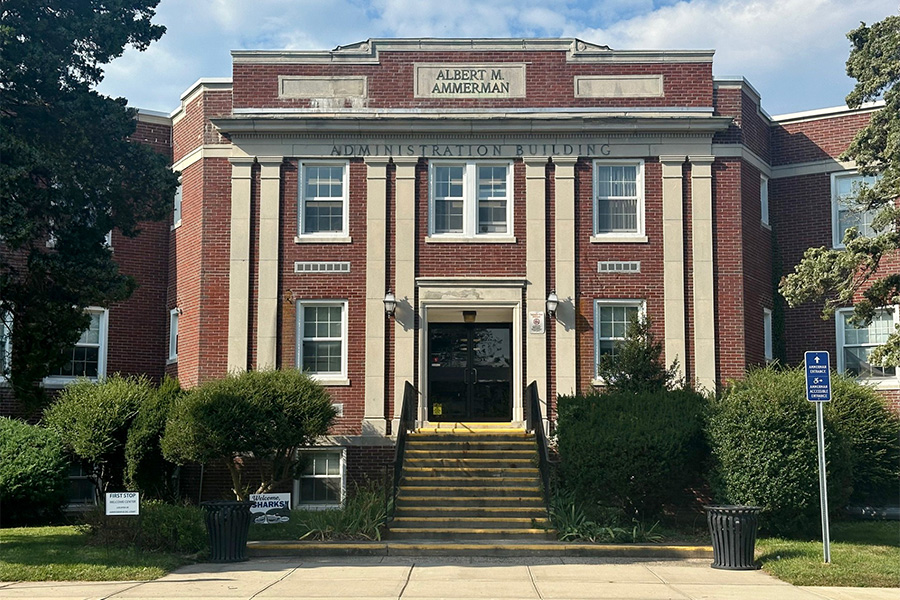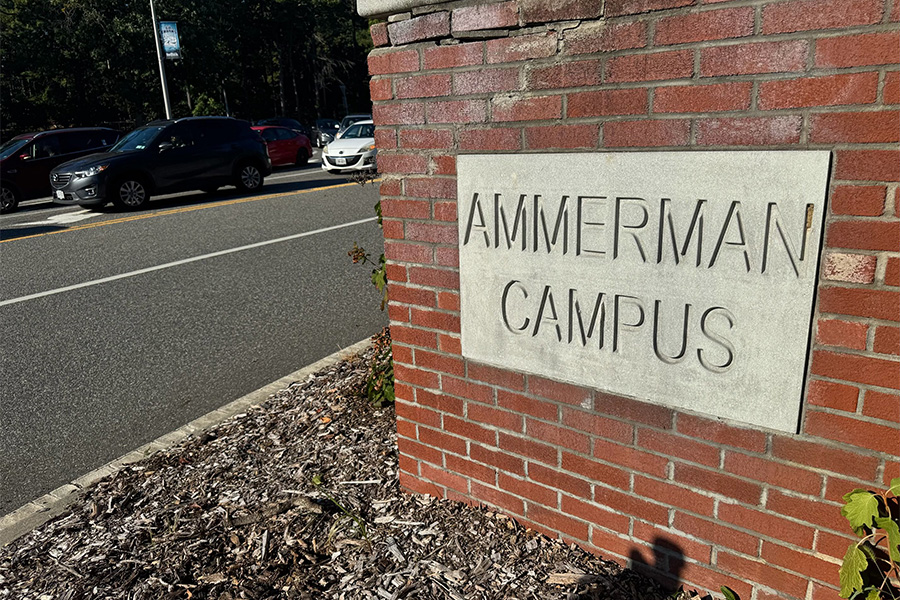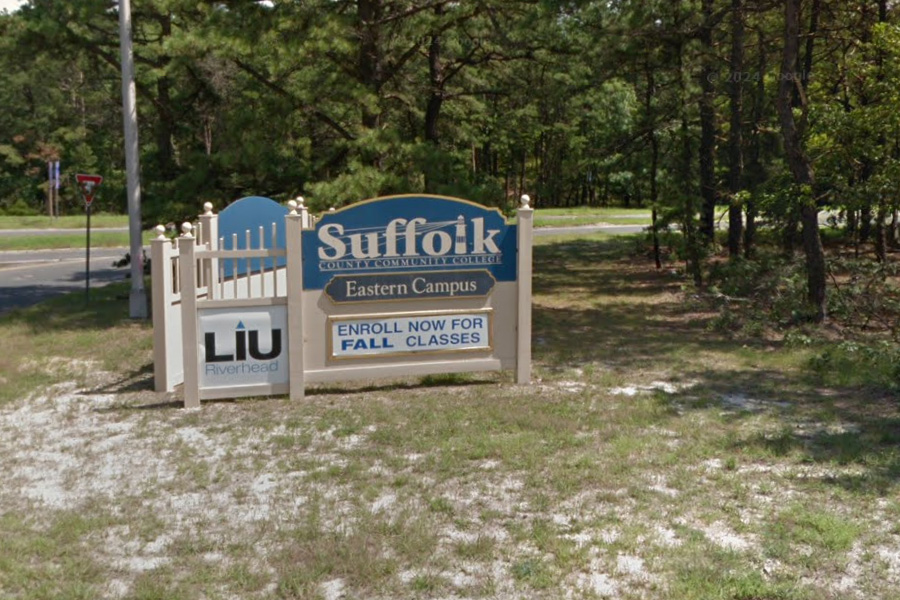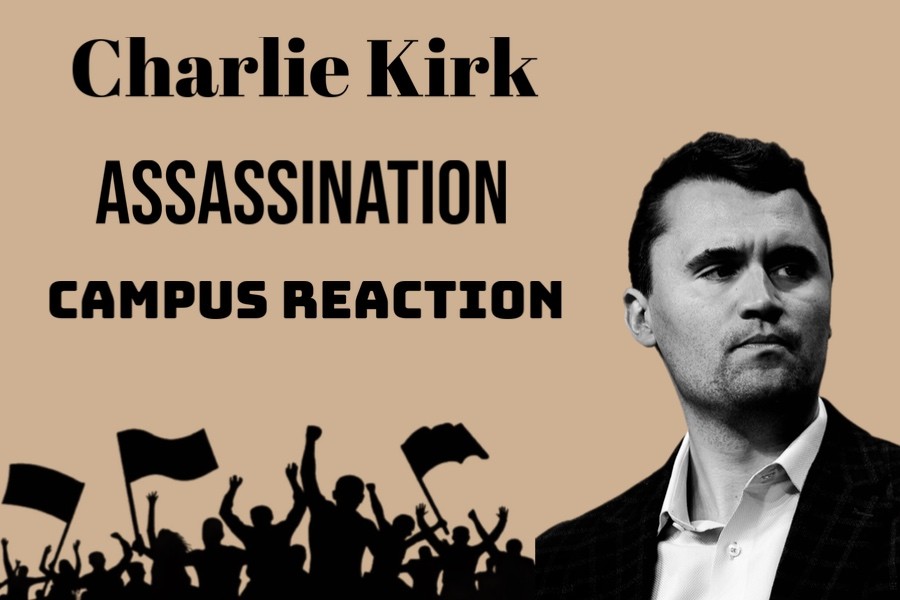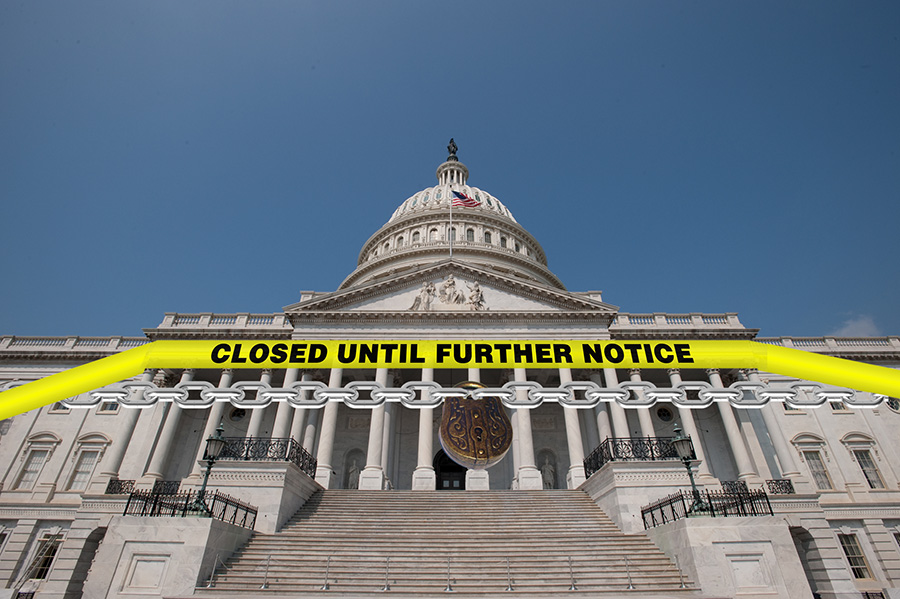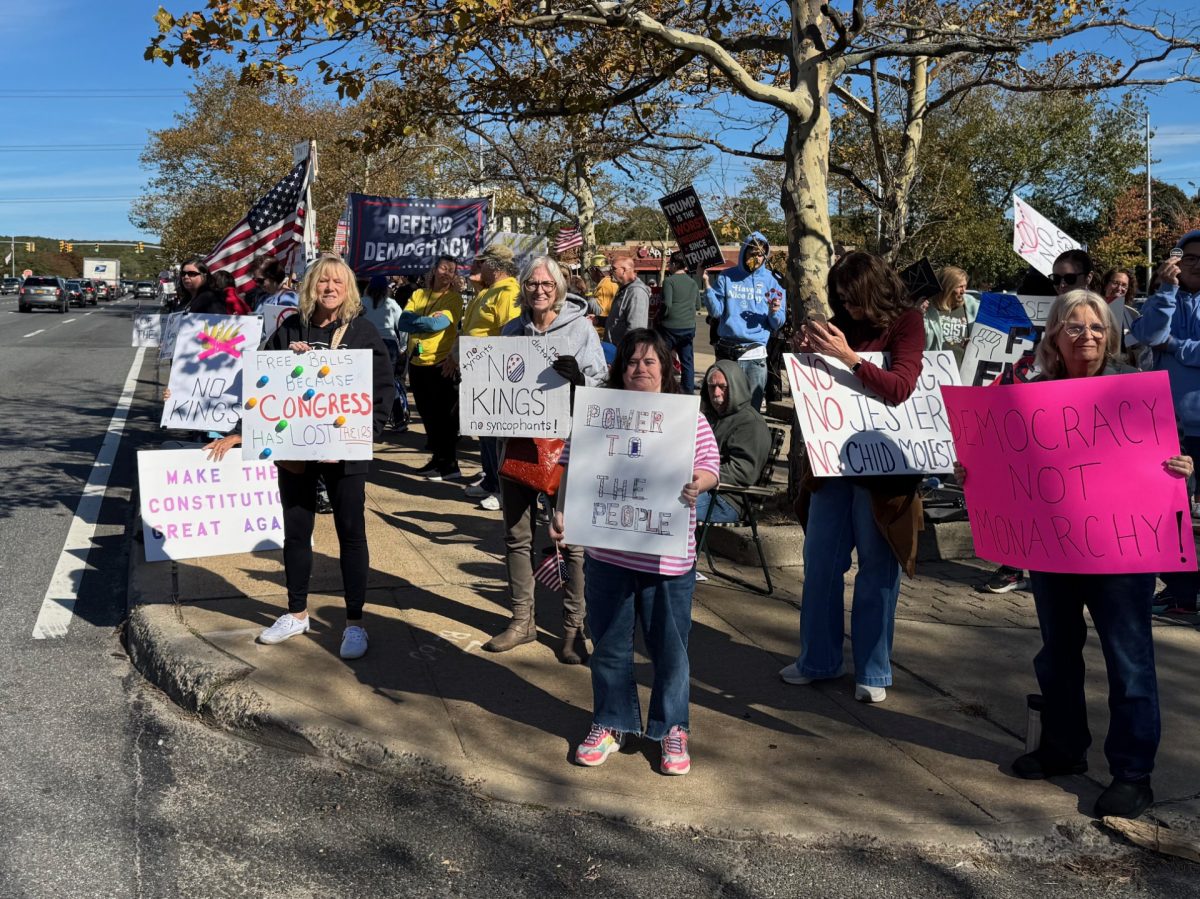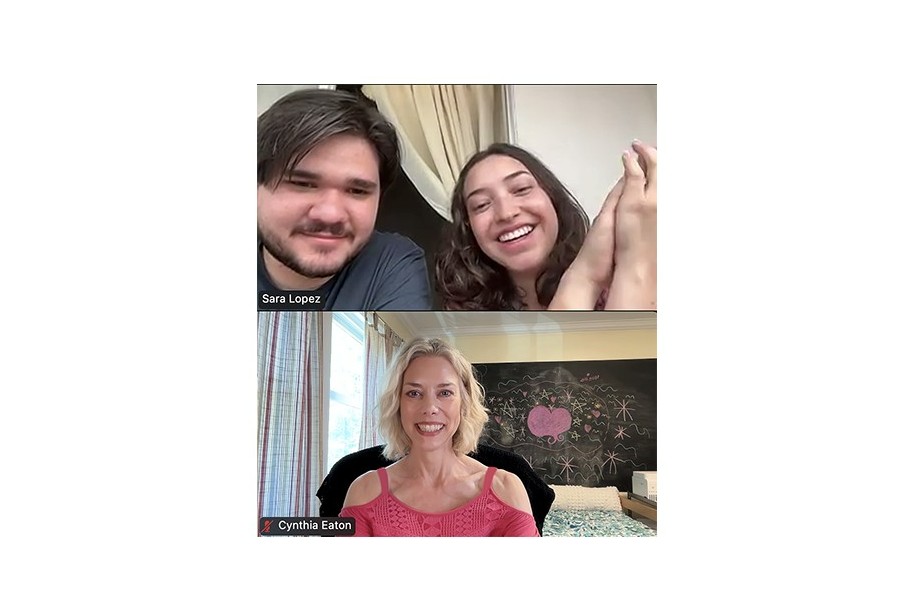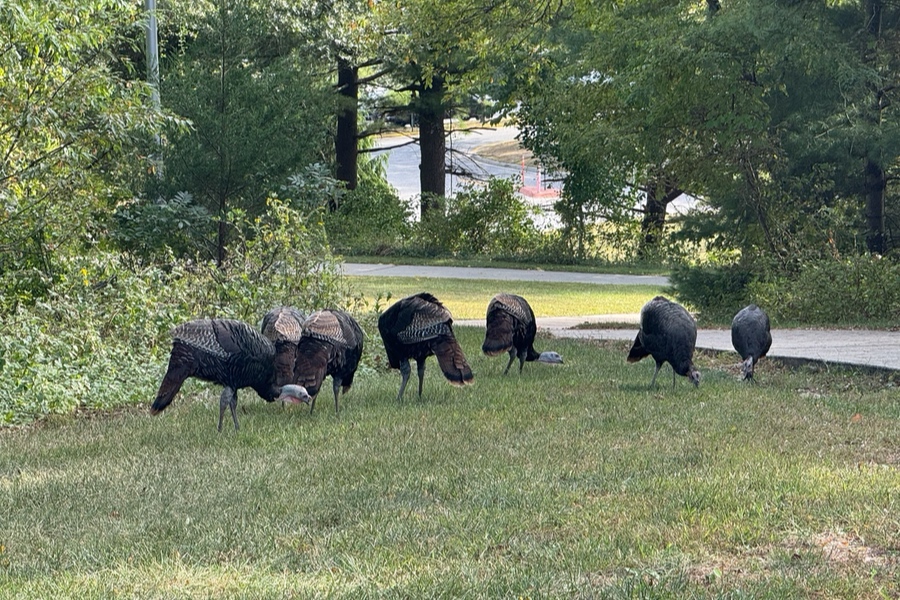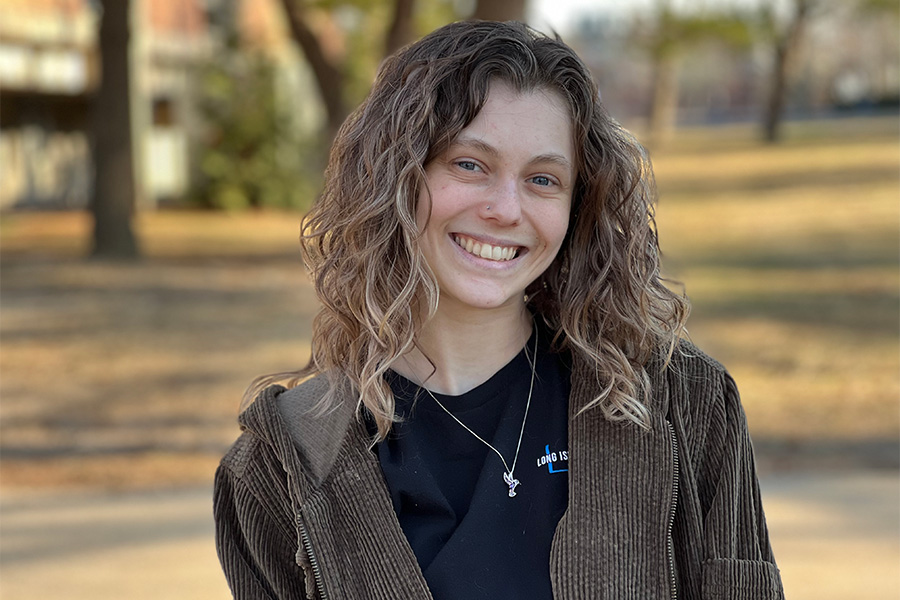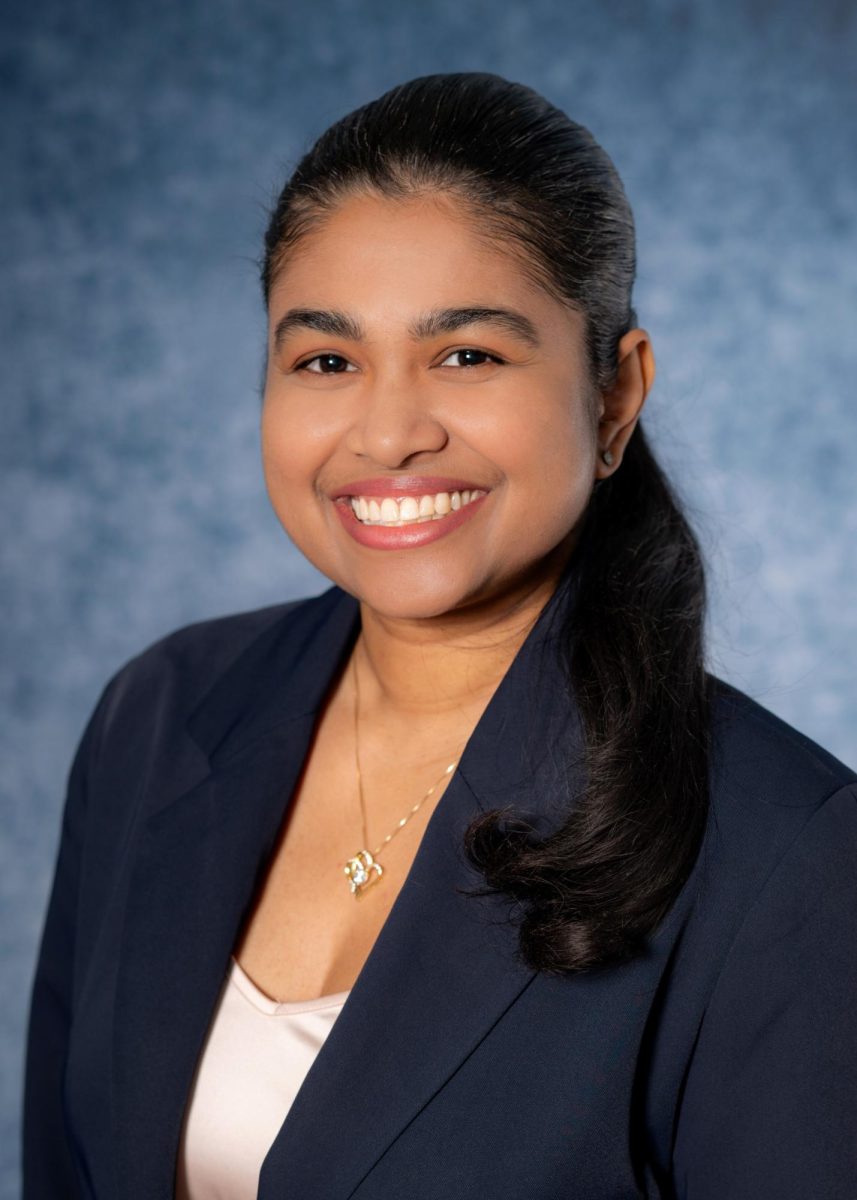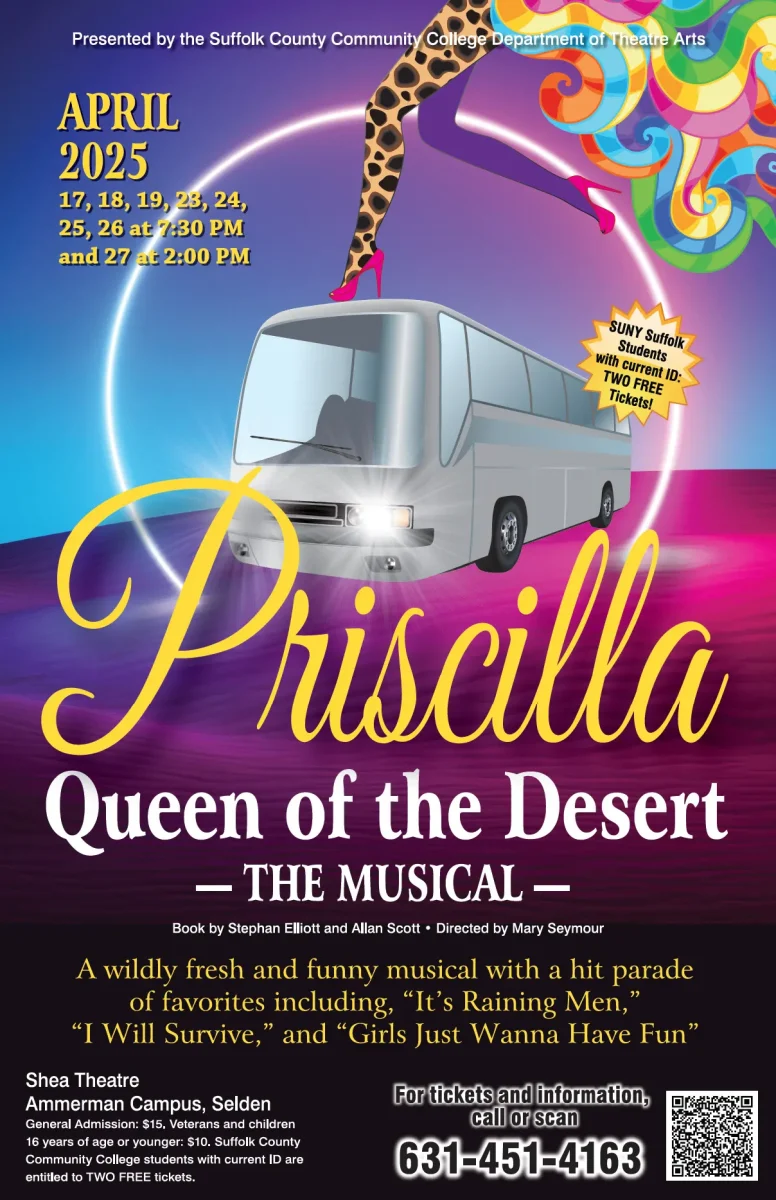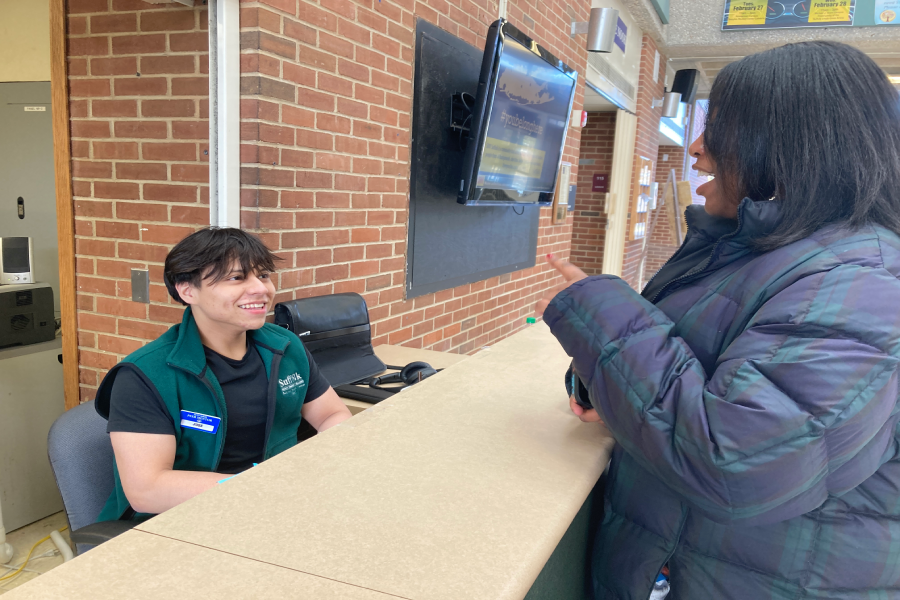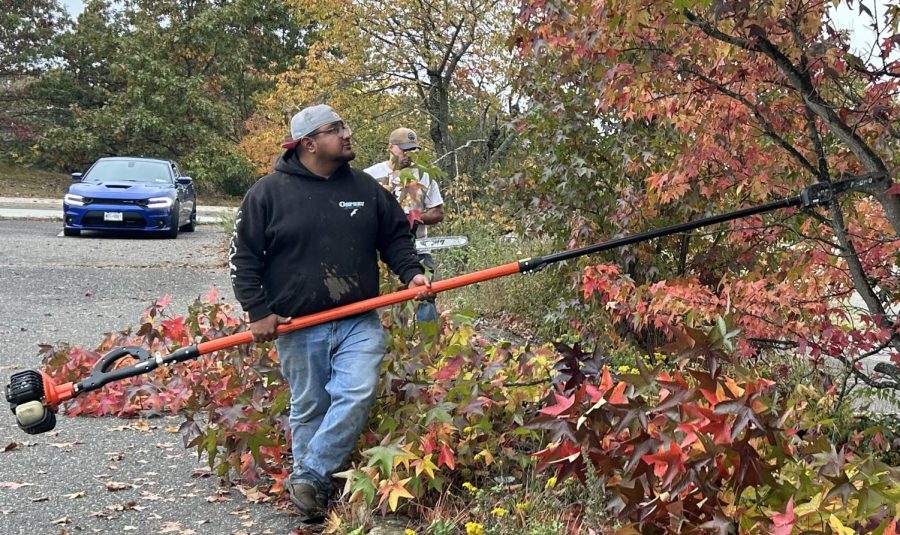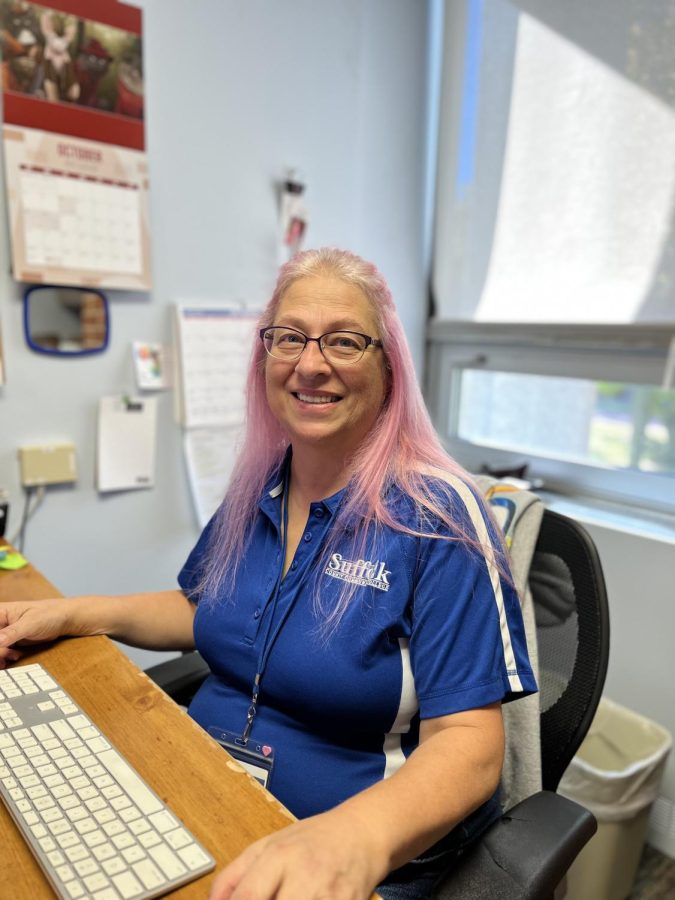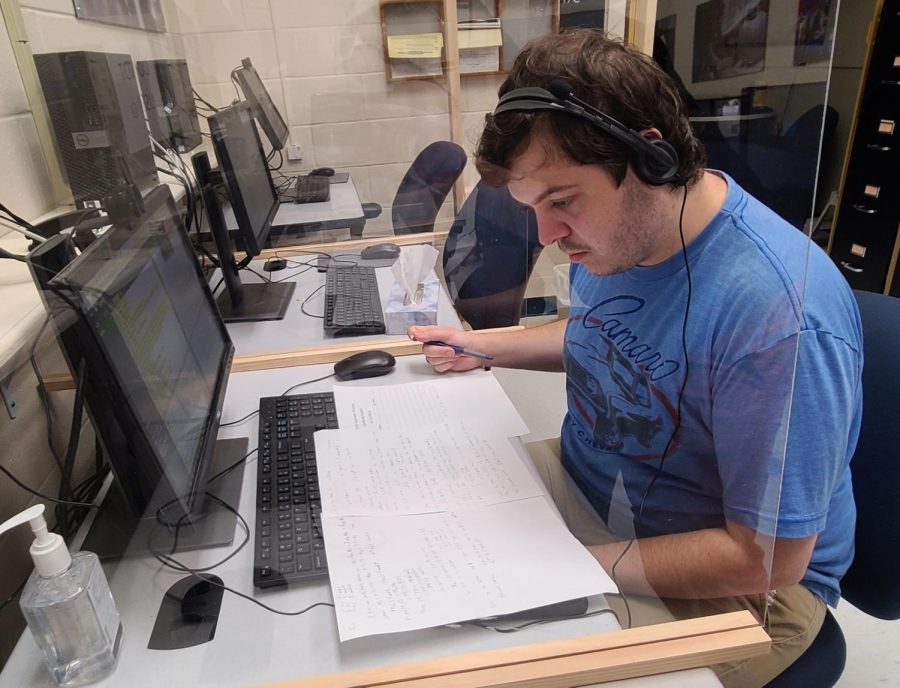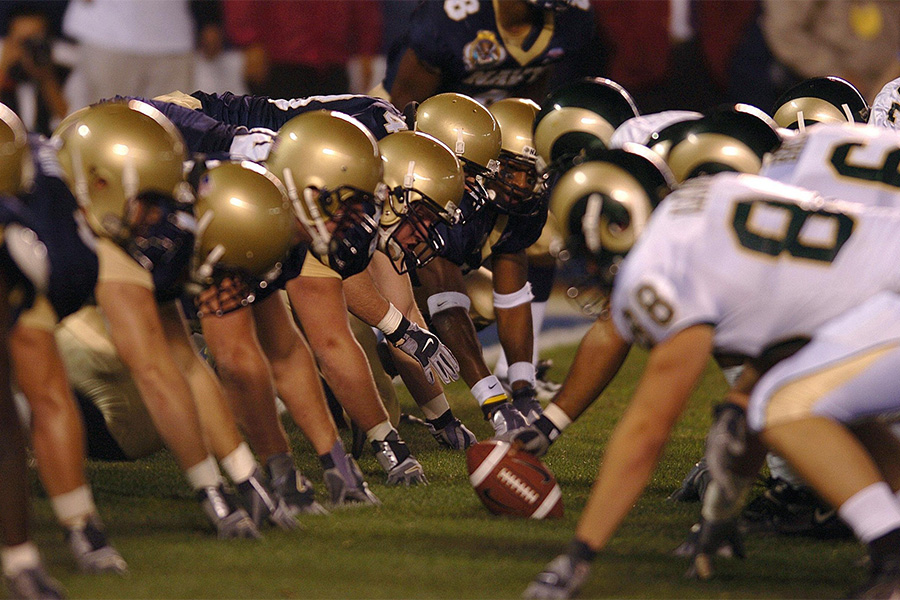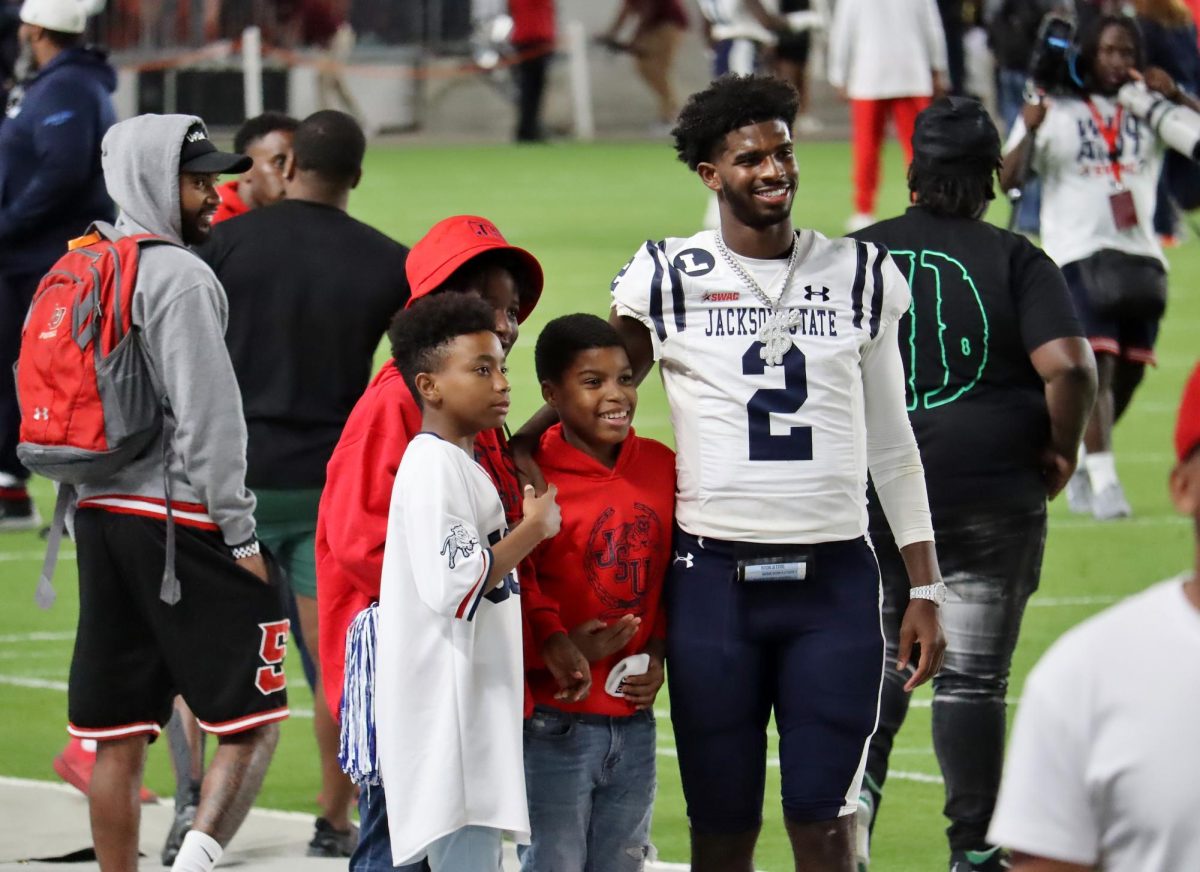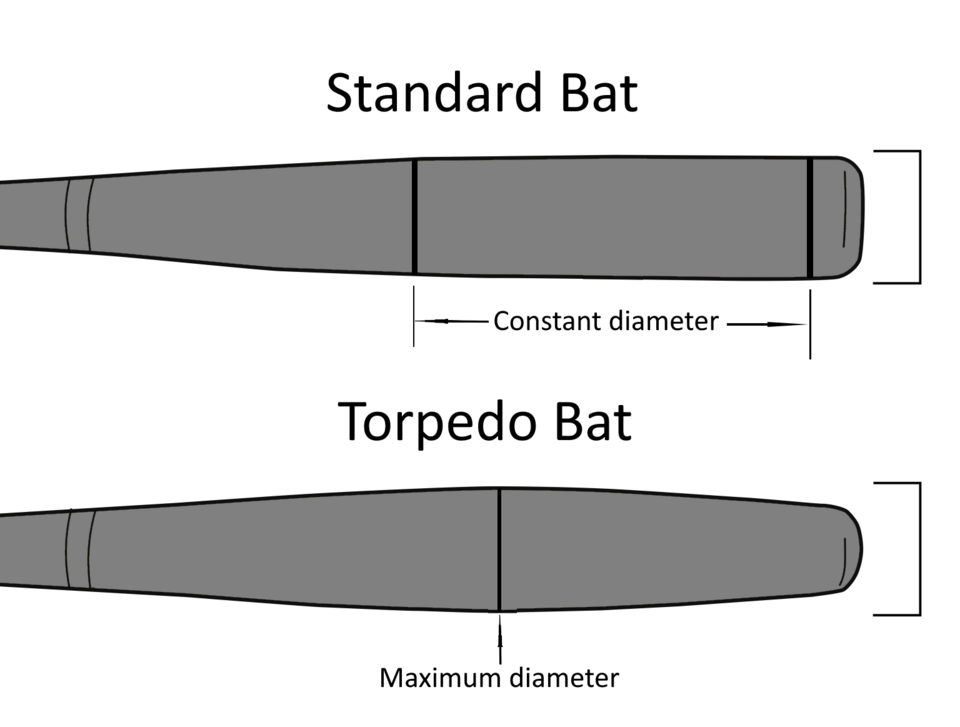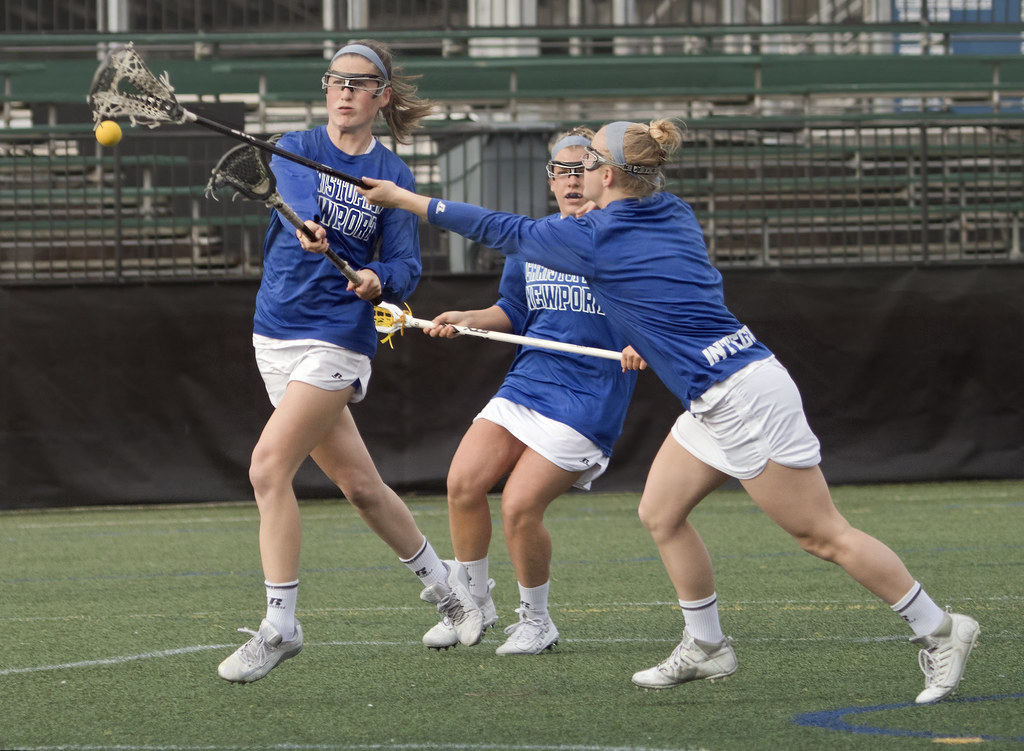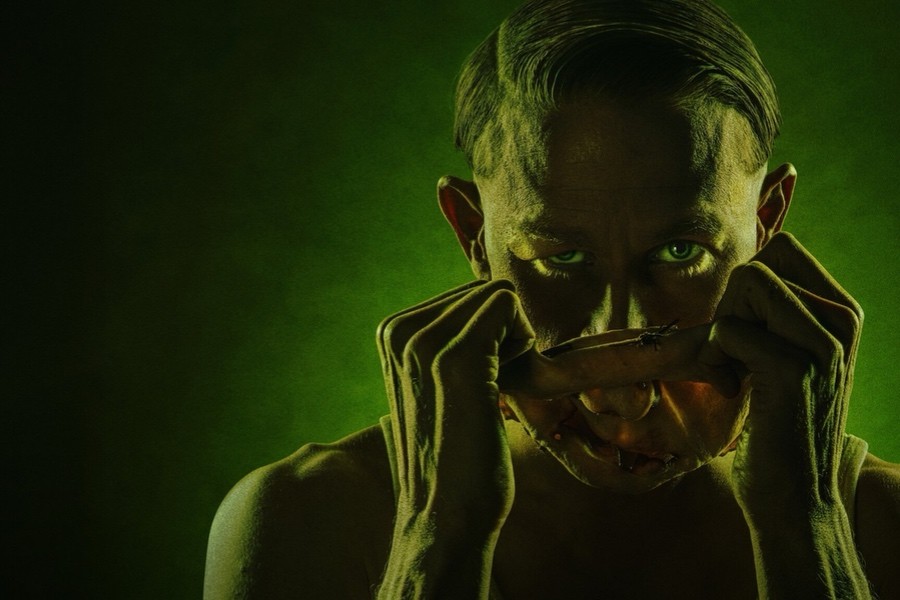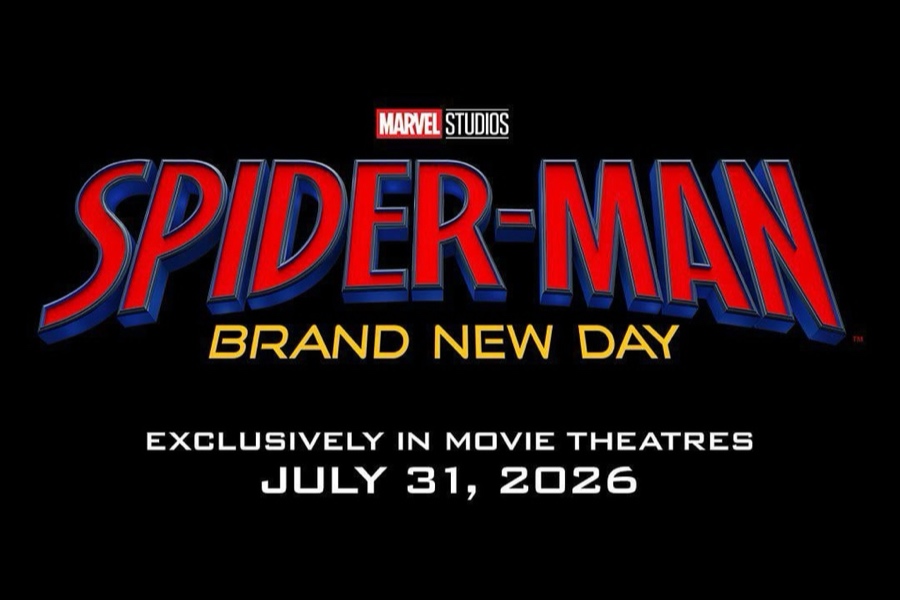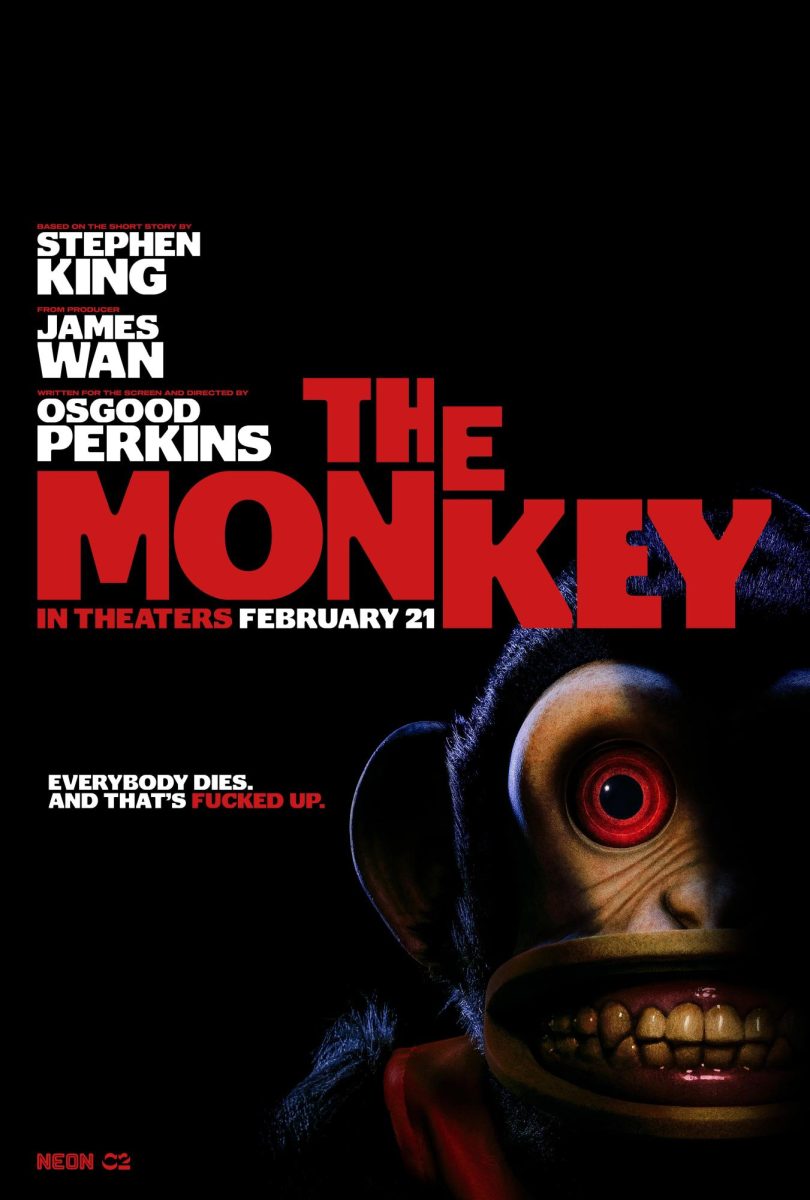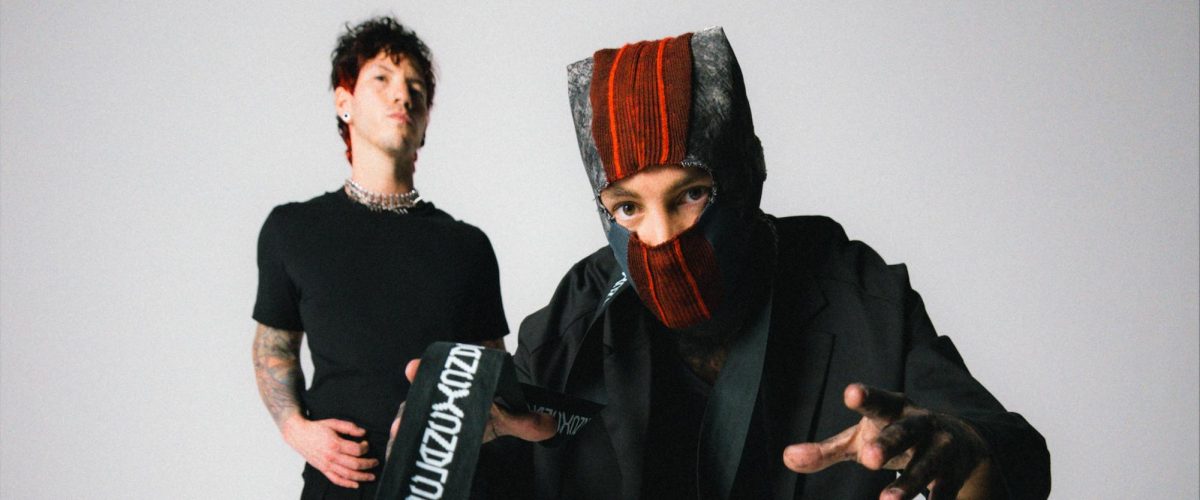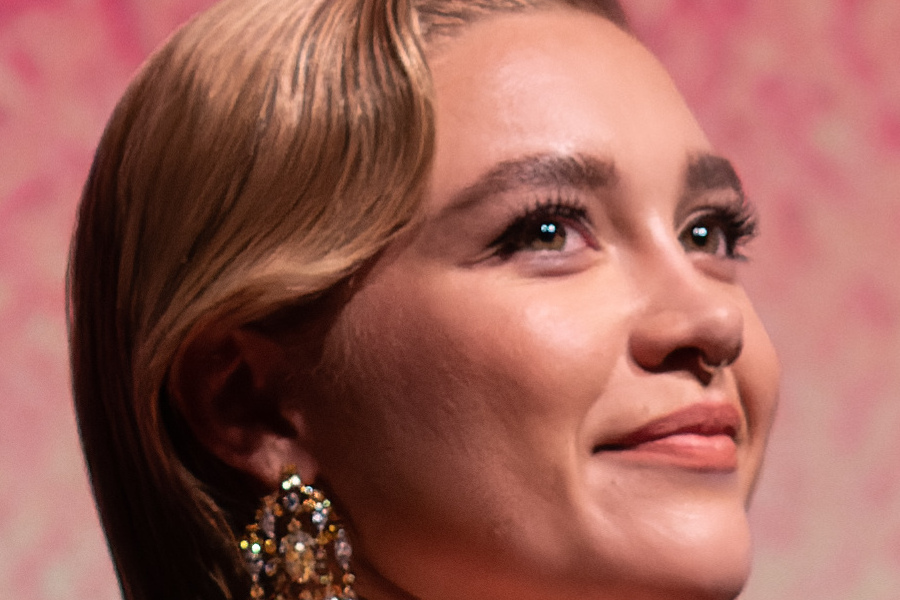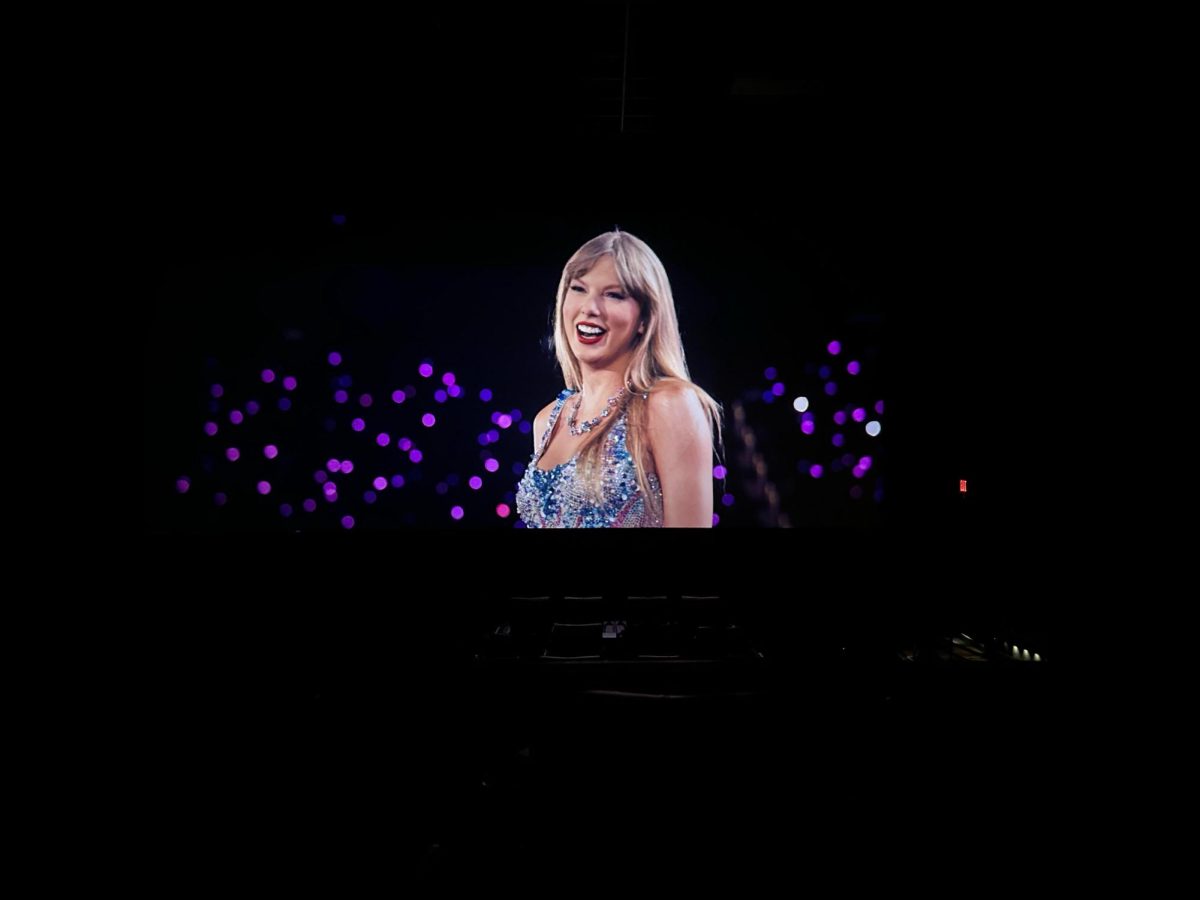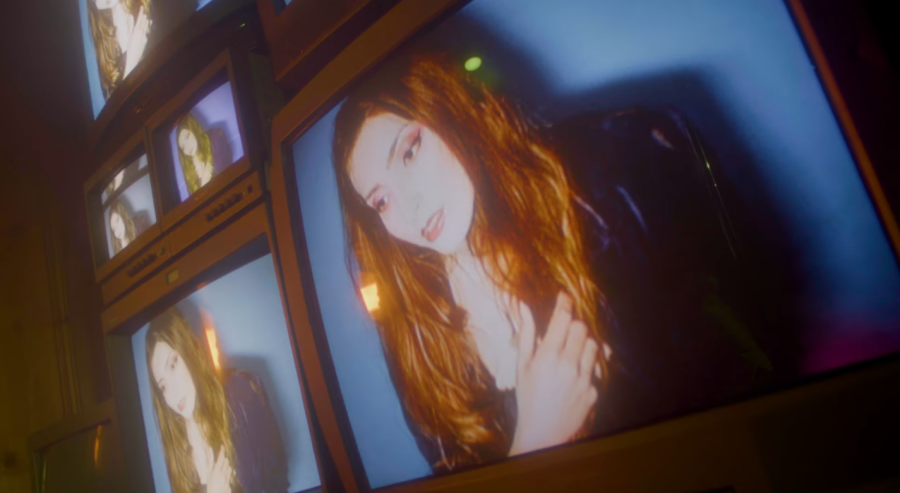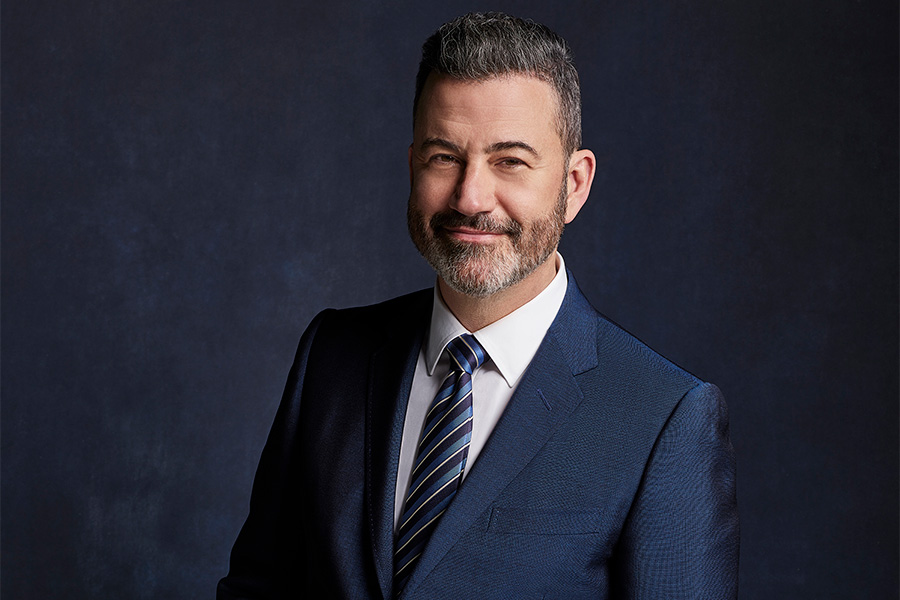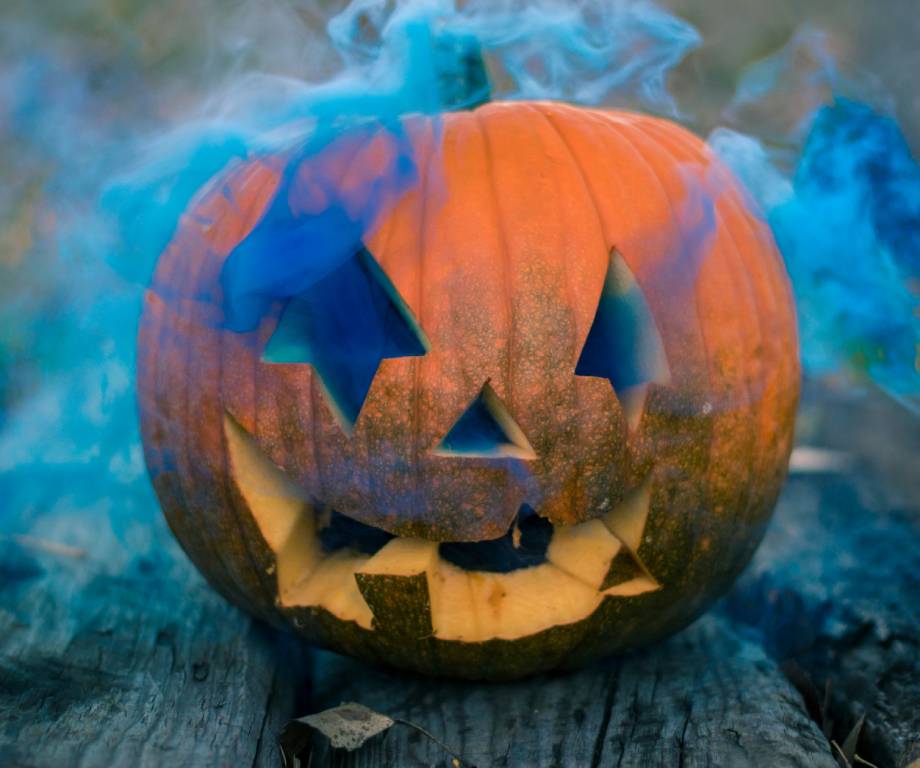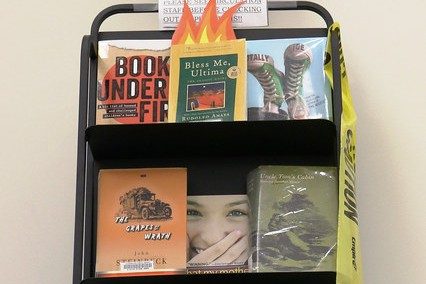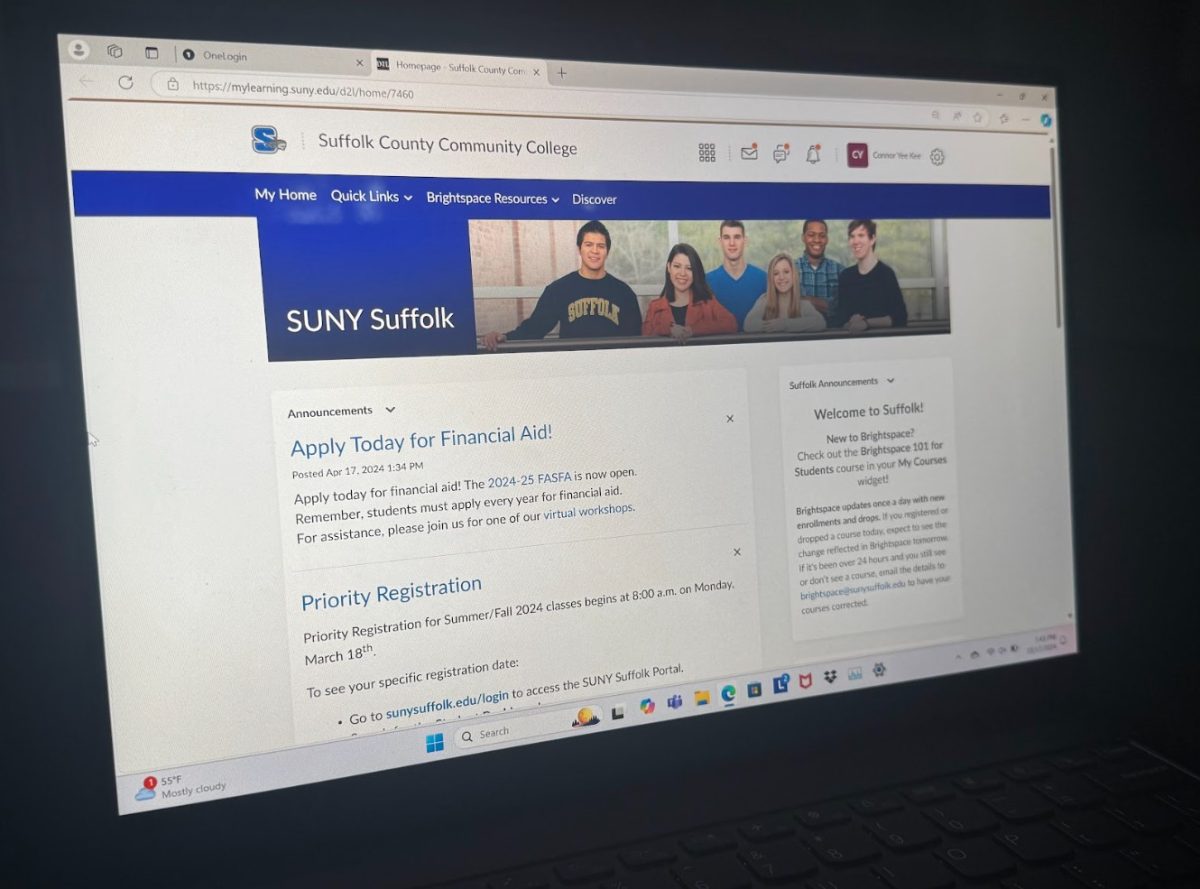Think it doesn’t matter if America’s late-night shows get pulled off the air? Think again. The loss of those voices limits what you see, what you hear — and ultimately, what you can say and how you think.
The suspension of “Jimmy Kimmel Live!” and the cancellation of “The Late Show with Stephen Colbert” are warnings. Each represents the narrowing of our public conversation, and the disappearance of an American media tradition: platforms where politics, culture and comedy collide to help us make sense of the world.
Late-night comedy has always been more than entertainment. From Johnny Carson (Google him) to Jon Stewart, it’s been a uniquely American stage where hypocrisy was mocked, official narratives were punctured, and current events became understandable through humor. These shows gave us more than a laugh; they gave us a way to process the day. Losing them, even temporarily, leaves a void in how we see ourselves and our democracy.
Choice is vital
Although it lasted only a few days, Kimmel’s suspension was enough to create a chilling effect on free speech, which makes people think twice about what they can say because they fear the consequences. Is that the kind of country you want to live in? That’s one of the ways these issues directly impact you.
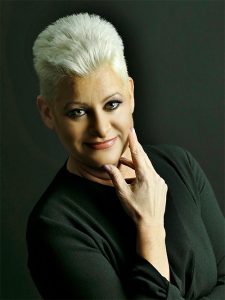
Much of the public narrative surrounding these shows has been wrapped up in ratings. But the real issue is power—power over the marketplace of ideas, over what you’re exposed to, and what choices you have. When that marketplace narrows, democracy suffers. And when choices disappear, your outlook narrows and your voice is diminished.
Choice is vital to democracy. Don’t like Kimmel? Don’t watch. If enough people agree, ratings drop, advertisers pull out, and the show disappears. That’s how democracy works in a free market. Our system gives the people—you!—the power to decide what survives. And that freedom to choose is what gives the American public true power.
When voices vanish, perspectives narrow
For students and younger audiences, this lesson couldn’t be more urgent. You’re inheriting a media world where credible news is harder to find, entertainment is increasingly politicized, and the line between truth and spin is blurred. The voices you listen to—journalists, comedians, commentators—shape how you understand the world. When any of those voices vanish, whether by design or by default, your perspective narrows.
So what happens when comedians are silenced? It reduces the space for free-flowing exchange. It increases the risk of extreme rhetoric filling the gap. And it makes media literacy—the ability to recognize bias, separate fact from opinion, and demand credible information—more essential than ever.
Fight back by understanding your rights
Censorship, in any form, is a warning sign. Sometimes it’s blatant. Sometimes it’s subtle. But in every case, it chips away at freedom of expression.
And here’s the real takeaway: This isn’t about Kimmel or Colbert. It’s about us—you and me—and the kind of country we want to live in. Freedom of expression is a constitutional right, but it’s under attack. The best way to defend it? Understand the First Amendment, use it to speak truth to power, and protect the rights of others to use it too—even if you disagree with them, or don’t find them funny. That’s what protects your choice. And your future.
Jaci Clement is CEO and executive director of the Fair Media Council, a media watchdog organization based in Huntington.
